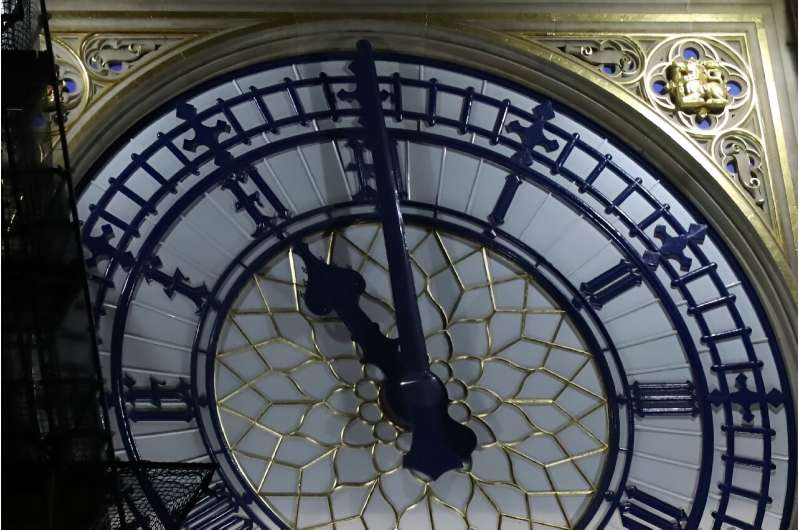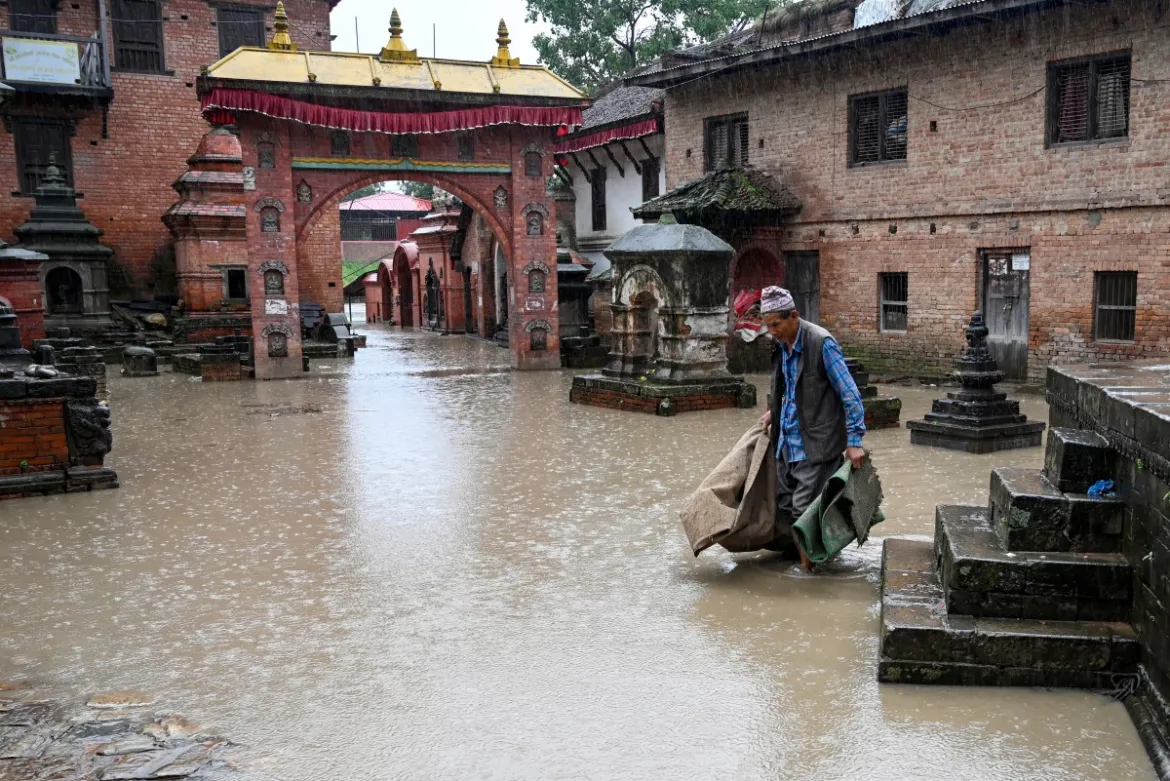Climate Change Impacting Earth’s Rotation and Timekeeping

London — A groundbreaking study published in the journal Nature reveals that climate change is not only altering the Earth’s environment but also affecting the planet’s rotation speed, potentially leading to significant implications for timekeeping.
Researchers have found that accelerated melting from Greenland and Antarctica, fueled by global warming, is redistributing mass and causing a slight slowdown in the Earth’s rotation. Despite this deceleration, the Earth continues to spin faster than in previous years, raising concerns among global timekeepers.
The Coordinated Universal Time (UTC), widely used worldwide to regulate clocks and time, relies on the Earth’s rotation rate. However, fluctuations in the planet’s liquid core have resulted in variations in the length of days and nights.
Since the 1970s, approximately 27 leap seconds have been added to the global clock to account for the Earth’s increasing rotation speed. However, the latest research suggests that ongoing ice melt due to climate change has partially offset this acceleration.
According to the study, ice sheets are losing mass at a rate five times faster than three decades ago. As a result, the need for a “negative leap second,” which would subtract a second from our clocks, is now projected to be postponed until 2029, challenging global timing infrastructure.
Duncan Agnew, the study’s author from the University of California, San Diego, expressed astonishment at the tangible impact of human-induced climate change on the Earth’s rotation. He emphasized the unprecedented nature of these changes, highlighting the need for adaptive measures in timekeeping systems.
However, some skepticism surrounds the study’s findings, with experts cautioning the unpredictability of Earth’s behavior. Demetrios Matsakis, former chief scientist for time services at the US Naval Observatory, emphasized the uncertainty surrounding the necessity of a negative leap second in the near future.
Nevertheless, the study underscores the profound consequences of climate change on Earth’s fundamental processes. As human activities continue to drive global temperatures higher, the rapid melting of glaciers and ice sheets further exacerbates environmental disruptions, posing challenges not only to ecosystems but also to essential systems like timekeeping.
The implications of this research extend beyond scientific realms, urging global action to mitigate climate change and its cascading effects on the planet’s delicate balance.



















Facebook Comments